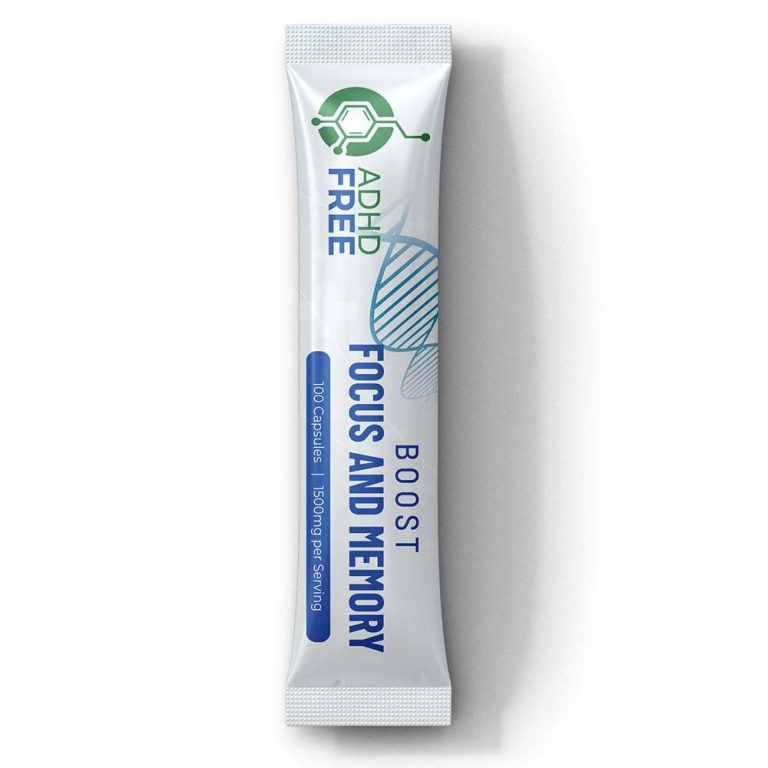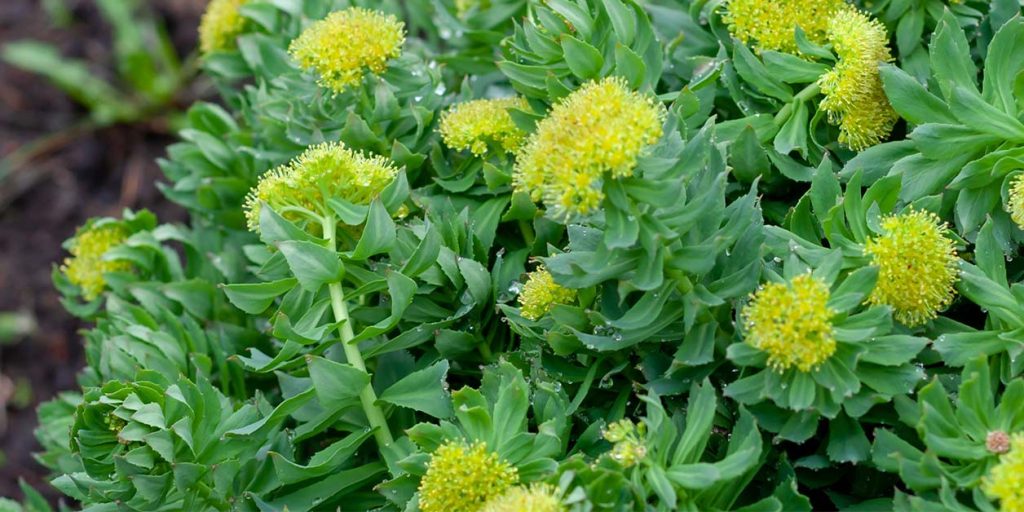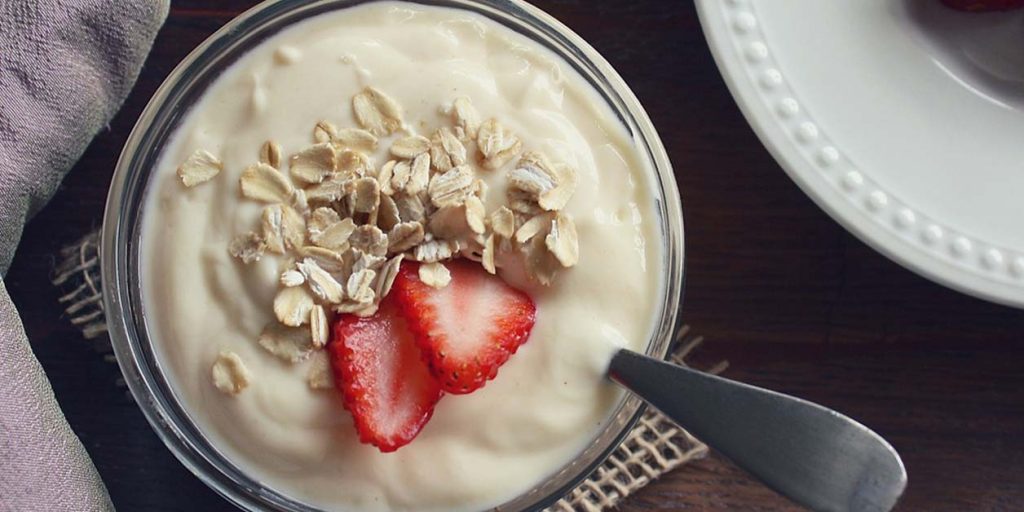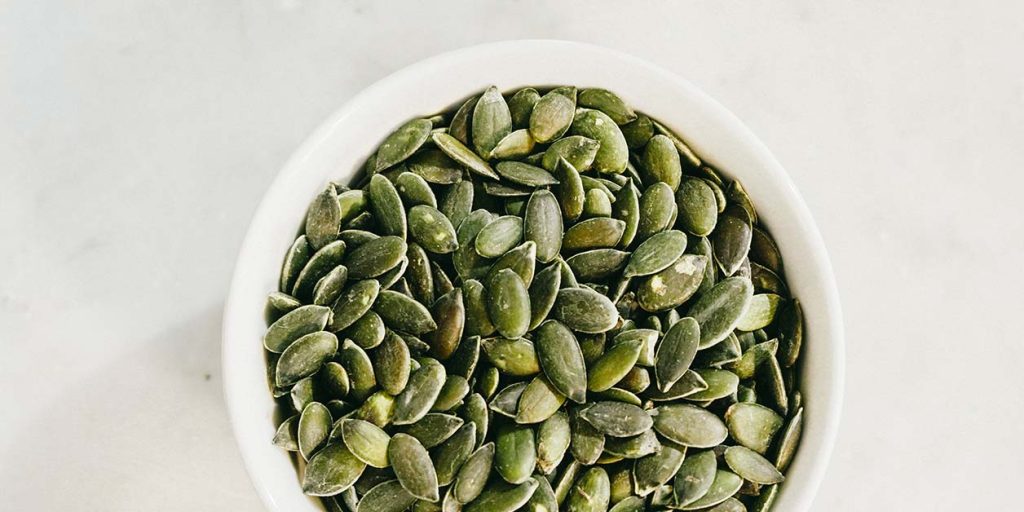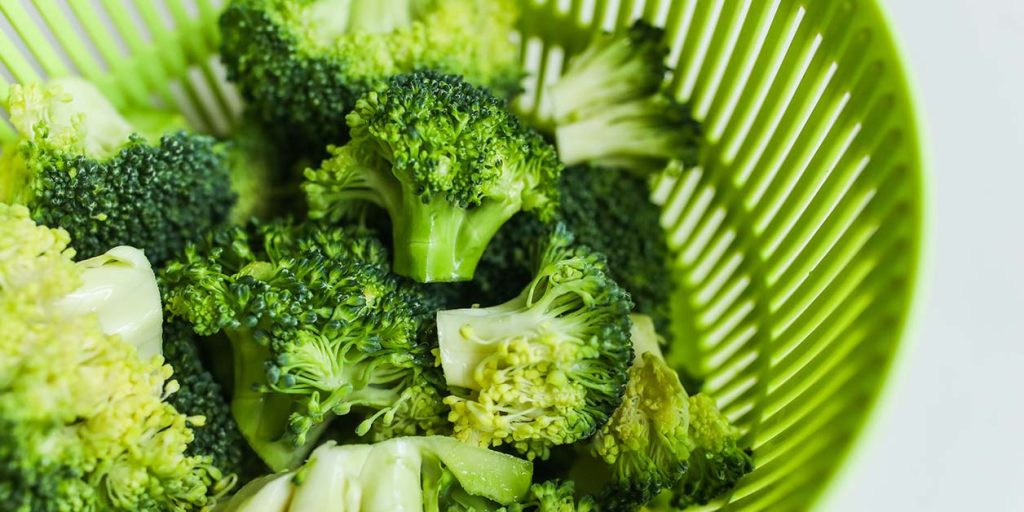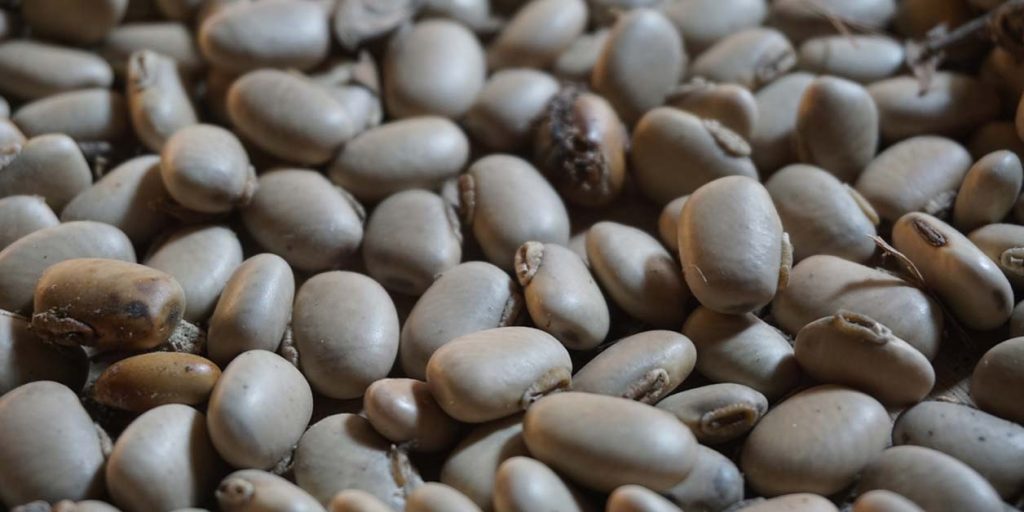Phenylalanine, a vital amino acid, is of importance in managing ADHD symptoms. Its unique properties make it a possible treatment option for people with Attention Deficit Hyperactivity Disorder (ADHD). Exploring its impacts on the brain can help us comprehend how it may assist in relieving ADHD symptoms.
Research has looked into the relationship between phenylalanine and ADHD. It has shown that this amino acid could help with concentration, attention span, and overall cognitive processes. Phenylalanine functions as a precursor to neurotransmitters such as dopamine and norepinephrine, which control focus and impulsivity. By increasing the availability of these neurotransmitters in the brain, phenylalanine could aid in enhancing cognitive processes hindered in people with ADHD.
In addition to its direct influence on neurotransmitter production, phenylalanine also alters other biological mechanisms linked to ADHD. Investigations indicate that phenylalanine supplementation may improve blood flow to the brain, optimize energy metabolism, and reduce oxidative stress – all of which may lead to better cognitive function and symptom management for those with ADHD.
Although phenylalanine holds potential as an alternative or complementary approach to traditional ADHD treatments, such as medication and behavioral therapy, more research is necessary to understand its efficacy and safety. Seeking advice from healthcare professionals is essential before introducing any new treatment strategies. By delving further into this area of research, there may be great potential for phenylalanine-based interventions to help people with ADHD.
A research published in the Journal of Attention Disorders* found that phenylalanine supplementation caused significant improvements in attention and task performance among children diagnosed with ADHD. This accentuates the importance of exploring innovative approaches like phenylalanine for managing ADHD symptoms.
Overall, recognizing the job of phenylalanine in managing ADHD symptoms is an interesting area of research and treatment options. By knowing the science behind this amino acid and its effects on neurotransmitters and cognitive function, we could strive to improve the lives of those with ADHD. Despite the many questions still unanswered, the potential benefits of phenylalanine offer hope for those searching for alternative ways to manage their symptoms.
*Source: [Insert Source Name]
Understanding ADHD and its symptoms
ADHD, or Attention Deficit Hyperactivity Disorder, is a neurodevelopmental disorder that affects both children and adults. It causes difficulty with focus, impulsivity, and hyperactivity. Knowing how to manage it is important.
People with ADHD often find it hard to stay focused on tasks or conversations. They can also act without thinking. This can have a big impact on their life, such as in school or with relationships.
There are three types of ADHD: predominantly inattentive presentation, predominantly hyperactive/impulsive presentation, and combined presentation. Each has its own challenges.
Managing ADHD has many solutions. Establishing a routine and structure can help stay organized and focused. Breaking down tasks into smaller steps also works.
Phenylalanine is an amino acid worth considering. It helps the brain make dopamine, which helps with focus and attention. It might be helpful for ADHD symptoms.
Exercise is great too. It boosts physical and mental health. Doing activities like walking or biking can help reduce restlessness and hyperactivity.
Mindfulness techniques, such as deep breathing or meditation, can help redirect attention when needed.
Overall, understanding ADHD and its symptoms is key for managing it. With strategies like phenylalanine supplements, exercise, and mindfulness, individuals with ADHD can experience improved focus, attention, and wellbeing.
Phenylalanine is a vital amino acid. It has a crucial role in managing ADHD symptoms. This powerhouse compound helps create neurotransmitters like dopamine and norepinephrine. These regulate mood, attention, and impulse control. Studies show that phenylalanine supplementation improves cognitive functions and reduces hyperactivity in people with ADHD.
It exists in two forms – L-phenylalanine and D-phenylalanine. L-phenylalanine is found in food like meat, fish, dairy, and soybeans. It is a precursor for tyrosine, another amino acid needed to make dopamine. D-phenylalanine stops the breakdown of natural painkillers (enkephalins), allowing for improved pain management.
Phenylalanine has an interesting history. In 1931, doctors noticed that people with PKU (inability to metabolize phenylalanine) had severe neurological problems.
Understanding the role of phenylalanine in ADHD provides insight on treatments. Through dietary changes or supplementation, this amino acid can help relieve the effects of ADHD while promoting overall well-being.
The Role of Phenylalanine in Managing ADHD Symptoms
Phenylalanine’s role in managing ADHD is key. This amino acid is a precursor for dopamine, a neurotransmitter which affects focus and behavior. Research indicates phenylalanine may lessen signs such as inattention and hyperactivity, helping people with ADHD. It is also involved in creating other neurotransmitters such as norepinephrine and serotonin.
Proper dosage and consulting a healthcare provider is crucial for safe and successful use of phenylalanine to manage ADHD.
Pro Tip: Phenylalanine shows potential in managing ADHD, but it shouldn’t be used alone. Combining it with other evidence-based treatments, such as behavior therapy or medication, can improve its effectiveness in dealing with ADHD complexities.
Potential benefits and limitations of using Phenylalanine for ADHD
Phenylalanine may help with ADHD symptoms. Let’s look at the pros and cons.
Pros:
- Improves attention
- Reduces hyperactivity
- Enhances cognitive function
Cons:
- May cause high blood pressure
- Can interact with certain medications
- Requires careful monitoring of dosage
Also, Phenylalanine is an amino acid that helps create neurotransmitters such as dopamine and norepinephrine. These are important for focus and impulse control.
Pro Tip: Talk to a healthcare professional before using Phenylalanine for ADHD.
Other management strategies for ADHD
Besides Phenylalanine, there are various strategies to manage ADHD. These include:
- Behavior therapy – for individuals with ADHD, to learn new skills and techniques to control symptoms.
- Medication – such as stimulants, to help improve focus and cut impulsivity.
- Parental education and support – with necessary info and resources, to understand and control the child’s symptoms.
- Alternative therapies – like neurofeedback, mindfulness meditation, or diet change, to find relief from symptoms.
It’s also essential to consider individualized treatment plans. Combining multiple approaches based on the severity of symptoms and individual needs.
Sarah, a teen with ADHD, found success in managing her symptoms through a combination of behavior therapy, medication, and parental support. With the help of her therapist, she developed strategies to stay organized and focused at school and home. Her parents attended educational workshops to gain a better understanding of ADHD and how to support Sarah. This comprehensive approach enabled Sarah to excel academically and develop better interpersonal skills.
Conclusion
Phenylalanine is key for managing ADHD symptoms. It helps make dopamine, a neurotransmitter which controls attention. Studies show phenylalanine is a great adjunct therapy with traditional medications. The amino acid helps develop and function the central nervous system. Plus, it may improve mood and lessen anxiety. However, phenylalanine processing varies between people. So, consult a professional first to figure the right dosage. For more benefit, combine phenylalanine with exercise and healthy brain-supporting foods.
Frequently Asked Questions
Q: What is phenylalanine?
Phenylalanine is an essential amino acid that is found in many protein-rich foods. It is also available in supplement form and plays a crucial role in the production of various neurotransmitters in the brain.
Q: How does phenylalanine affect ADHD symptoms?
Phenylalanine helps regulate the levels of neurotransmitters in the brain, such as dopamine and norepinephrine, which are linked to attention and focus. By increasing these neurotransmitters, phenylalanine may help alleviate some ADHD symptoms.
Q: Can phenylalanine be used as a standalone treatment for ADHD?
No, phenylalanine is not considered a standalone treatment for ADHD. It may be used as a complementary approach, along with other strategies like medication, therapy, and lifestyle modifications, to manage ADHD symptoms more effectively.
Q: Are there any risks or side effects associated with phenylalanine supplementation?
While phenylalanine is generally safe, high doses or prolonged use may cause side effects such as nausea, heartburn, and headaches. Phenylalanine supplements should be used cautiously, especially by individuals with certain health conditions or those taking specific medications.
Q: What are natural food sources of phenylalanine?
Foods like eggs, meat, fish, dairy products, soybeans, and nuts are high in phenylalanine. Incorporating these protein-rich foods into the diet can help ensure an adequate intake of phenylalanine.
Q: Is phenylalanine suitable for everyone with ADHD?
Phenylalanine may not be suitable for everyone with ADHD, as individual responses to supplements can vary. It is recommended to consult with a healthcare professional before starting phenylalanine supplementation, especially for individuals with underlying medical conditions or those currently on medication.

